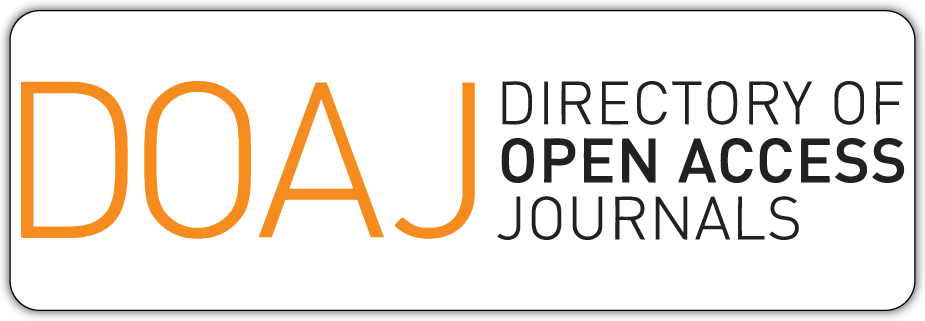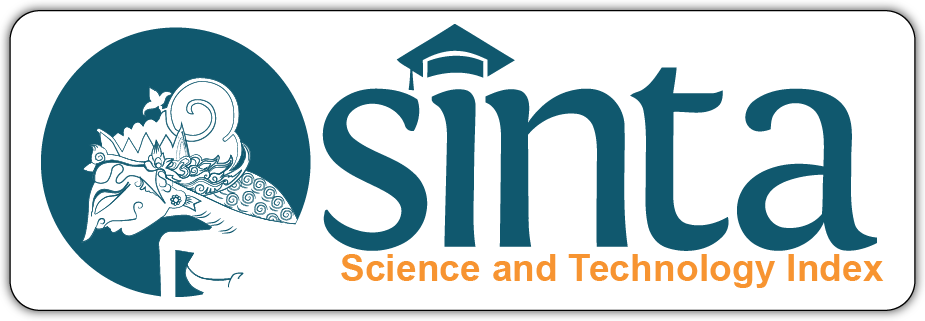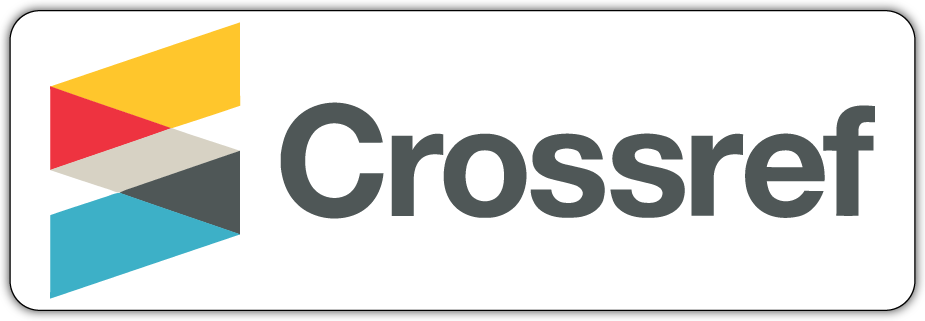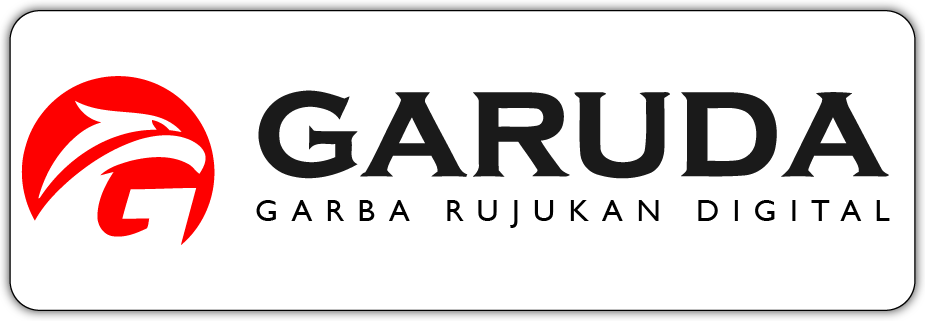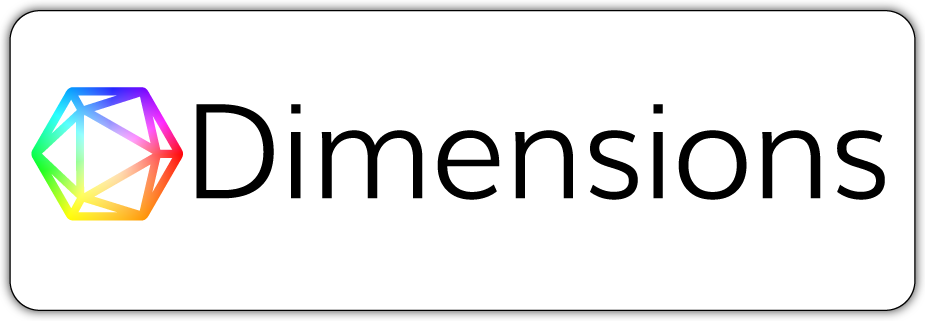| JOURNAL INFORMATION |
| Journal History |
| Peer Review Process |
| Plagiarism Screening |
| The Publishing System |
| MANAGEMENT PAGE |
| Editorial Board |
| Contact |
| Reviewers |
| SUBMISSION INFORMATION |
| Guidelines for Author |
| Author Fees |
| Focus and Scope |
| POLICIES |
| Publication Ethics |
| Peer Review Process |
| The Publication Frequency |
| The Open Access Policy |
| The Journal License |
| The Copyrights Notice |
| BROWSE |
| By Author |
| By Issue |
| REFERENCE MANAGEMENT TOOL |
| Mendeley |
| Turnitin |
| DOWNLOAD TEMPLATE ARTICLE |
 |
| SUPPORT CONTACT |
 |
| SINTA SCORE |
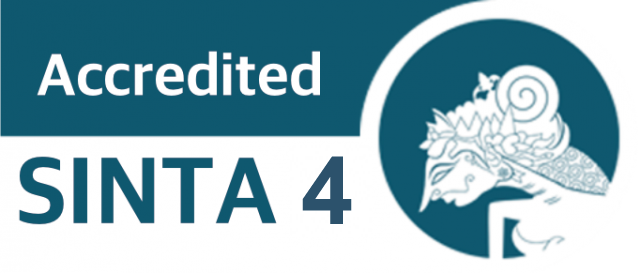 |
| Jurnal Matematika is Accreditated by The Ministry for Research, Technology and Higher Education (RISTEKDIKTI) |
| JOURNAL VISITORS |
| Jurnal Matematika |
Publication Ethics and Publication Malpractice Statement
Jurnal Matematika Publication Ethics: Upholding Integrity in Scholarly Publishing
Introduction
Jurnal Matematika (JMAT), published by the Mathematics Study Program, Faculty of Mathematics and Natural Sciences, Universitas Udayana, is a peer-reviewed academic journal available in both print and online formats. We hold publication ethics in the highest regard and strictly prohibit any form of plagiarism. This document outlines the ethical expectations and responsibilities of all parties involved in the publication process, including authors, editors-in-chief, editorial board members, peer reviewers, and the publisher. These principles are founded on the guidelines proposed by the Committee on Publication Ethics (COPE).
Ethical Principles for Publication
Publishing an article in JMAT is a crucial contribution to the transmission and development of credible and respected knowledge. Such publications reflect the quality and rigour of the authors’ work and the institutions supporting them. Peer-reviewed articles are pillars of the scientific method, thus it is essential to establish clear ethical standards for authors, editors, reviewers, the publisher, and the academic community.
The Mathematics Department of Universitas Negeri Gorontalo, as the publisher of JMAT, is deeply committed to ethical stewardship at every stage of publication. We ensure that commercial interests such as advertising or reprints never influence editorial decisions. Moreover, the department and editorial team pledge to facilitate transparent and effective communication with other journals and publishers whenever necessary.
Publication Decisions
The final authority in deciding which submitted manuscripts are published rests with the JMAT editor. This decision is fundamentally based on the validity of the content and its importance to readers and researchers. Editors adhere to the journal’s policies and comply with relevant laws concerning defamation, copyright, and plagiarism. The editor may consult with other editorial members or peer reviewers as needed.
Fair Play Principle
Editors evaluate manuscripts purely on their intellectual merit, without any prejudice regarding the authors' race, gender, sexual orientation, religious beliefs, ethnic origin, citizenship, or political philosophies.
Confidentiality
Editors and editorial staff are strictly forbidden from disclosing any information about submitted manuscripts to anyone other than the corresponding author, reviewers, potential reviewers, other editorial advisors, and the publisher, when appropriate.
Disclosure and Conflicts of Interest
Any unpublished material or ideas found in a submitted manuscript must not be utilized in an editor's personal research without the explicit written consent of the author.
Responsibilities of Editors
The editor bears the responsibility for determining which articles submitted to JMAT are suitable for publication. This decision is primarily guided by the work's validity and its significance to the academic community. Editors are bound by the journal’s policies and legal frameworks concerning libel, copyright infringement, and plagiarism. Consultation with other editors or reviewers may occur during this decision-making process.
Responsibilities of Reviewers
Contribution to Editorial Decisions
Peer review plays a vital role in assisting the editor with publication decisions and, through direct communication, helps authors enhance the quality of their papers.
Promptness
Should a selected referee feel inadequately qualified to review a manuscript or anticipate an inability to complete the review promptly, they must inform the editor and withdraw from the review process.
Confidentiality
All manuscripts received for review are confidential documents. They must not be shared or discussed with third parties unless expressly authorized by the editor.
Standards of Objectivity
Reviews must be conducted objectively. Personal criticisms of the author are unacceptable. Referees should clearly articulate their viewpoints, supported by solid arguments.
Acknowledgement of Sources
Reviewers should identify any pertinent published works not cited by the authors. Any claim that an observation, derivation, or argument has been previously reported must be substantiated with the relevant citation. Reviewers are also expected to alert the editor to any significant similarities or overlaps between the manuscript under review and any other published work known to them.
Disclosure and Conflict of Interest
Privileged information or insights gained through the peer review process must remain confidential and must not be exploited for personal gain. Reviewers must recuse themselves from considering manuscripts if they have conflicts of interest stemming from competitive, collaborative, or other relationships with any of the authors, companies, or institutions associated with the papers.
Responsibilities of Authors
Reporting Standards
Authors of original research reports are expected to provide an accurate account of their work and an objective discussion of its significance. The underlying data should be presented faithfully. Papers should include sufficient detail and references to enable others to replicate the research. Fraudulent or intentionally inaccurate statements are unethical and unacceptable.
Data Access and Retention
Authors may be asked to provide raw data related to their paper for editorial review and should be prepared to offer public access to such data (in accordance with the ALPSP-STM Statement on Data and Databases), if feasible. In any event, authors should be ready to retain such data for a reasonable period following publication.
Originality and Plagiarism
Authors must ensure that their work is entirely original. If they have used the work or words of others, these must be appropriately cited or quoted.
Multiple, Redundant or Concurrent Publication
Authors should generally not publish manuscripts describing essentially the same research in more than one journal or primary publication. Submitting the same manuscript concurrently to multiple journals constitutes unethical publishing behavior and is unacceptable.
Acknowledgement of Sources
Proper acknowledgment of the work of others is mandatory. Authors should cite publications that significantly influenced the reported research.
Authorship of the Paper
Authorship should be restricted to individuals who have made substantial contributions to the conception, design, execution, or interpretation of the study. All those who have made significant contributions should be listed as co-authors. Where others have participated in substantive aspects of the research, they should be acknowledged or listed as contributors. The corresponding author must ensure that all appropriate co-authors are included on the paper, that all co-authors have seen and approved the final version of the paper, and that they have agreed to its submission for publication.
Hazards and Human or Animal Subjects
If the work involves chemicals, procedures, or equipment that pose unusual hazards inherent in their use, the author must clearly identify these in the manuscript. If the work involves the use of animal or human subjects, the authors should ensure that the manuscript contains a statement that all procedures were performed in compliance with relevant laws and institutional guidelines and that the appropriate institutional committee(s) has approved them. Authors should include a statement in the manuscript that informed consent was obtained for experimentation with human subjects. The privacy rights of human subjects must always be observed.
Disclosure and Conflicts of Interest
All authors are required to disclose any financial or other substantive conflicts of interest that might be perceived to influence the results or interpretation of their manuscript. All sources of financial support for the project should be disclosed.
Fundamental errors in published works
When an author discovers a significant error or inaccuracy in their own published work, it is the author’s obligation to promptly notify the journal editor or publisher and cooperate with the editor to retract or correct the paper.



